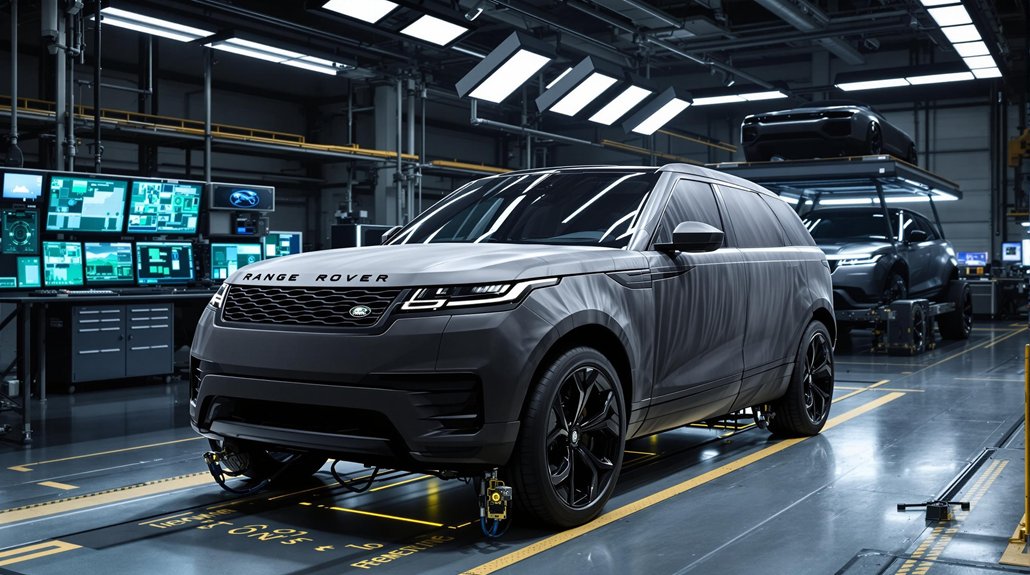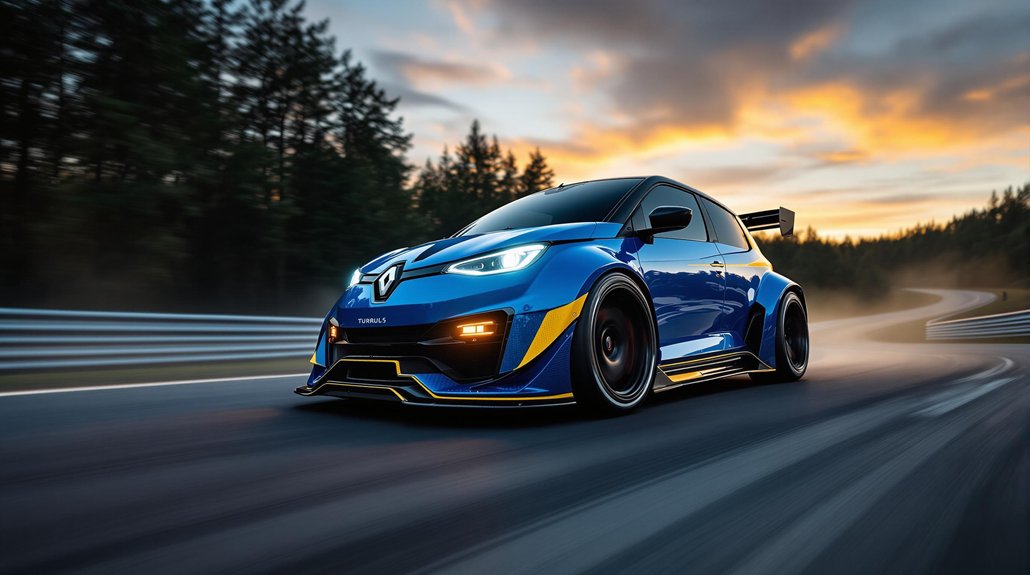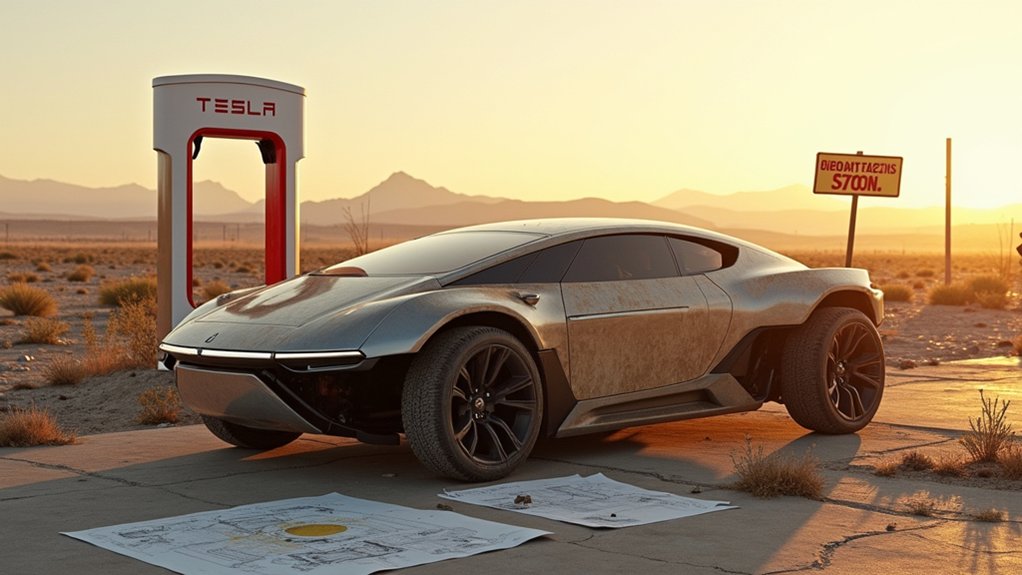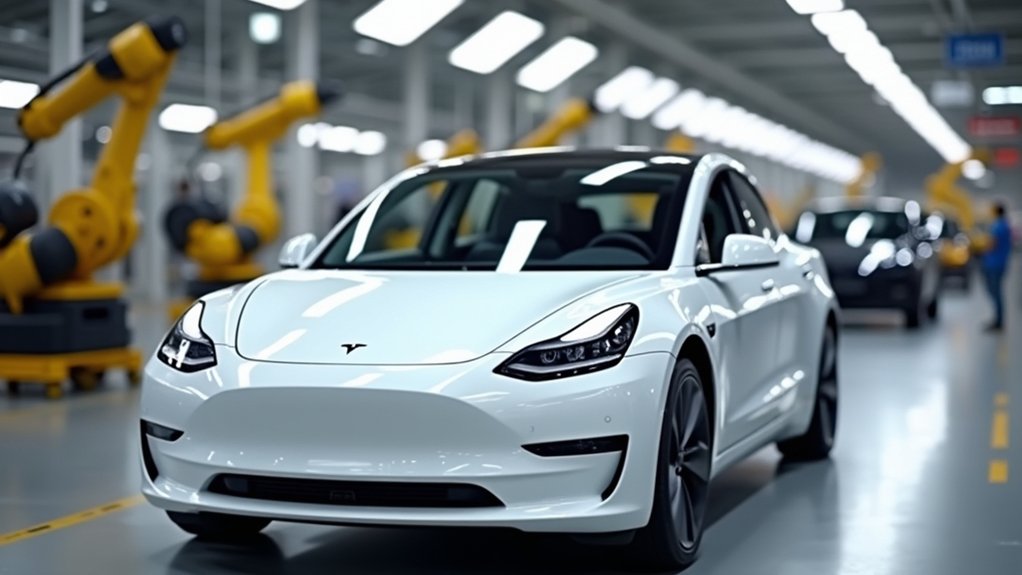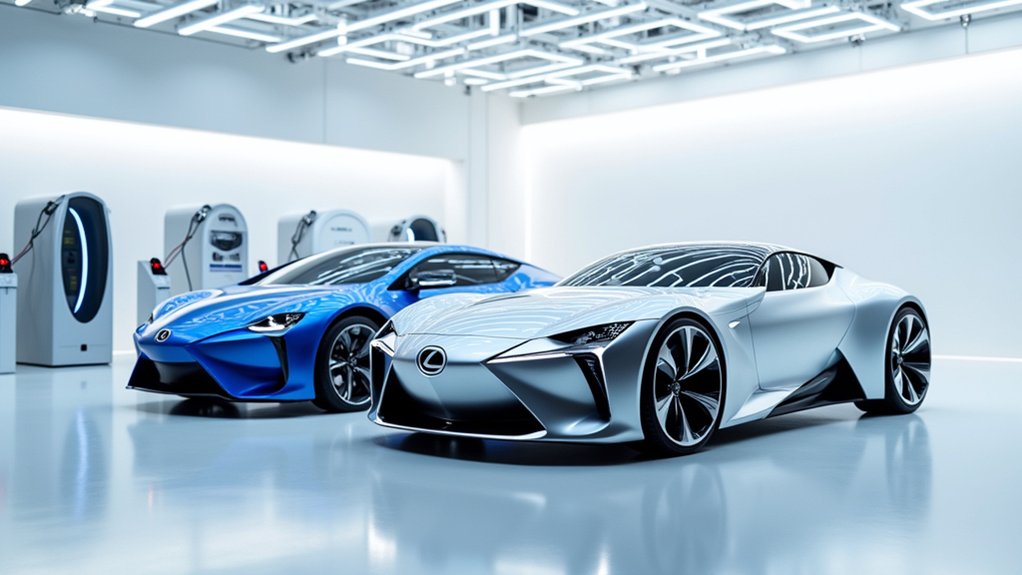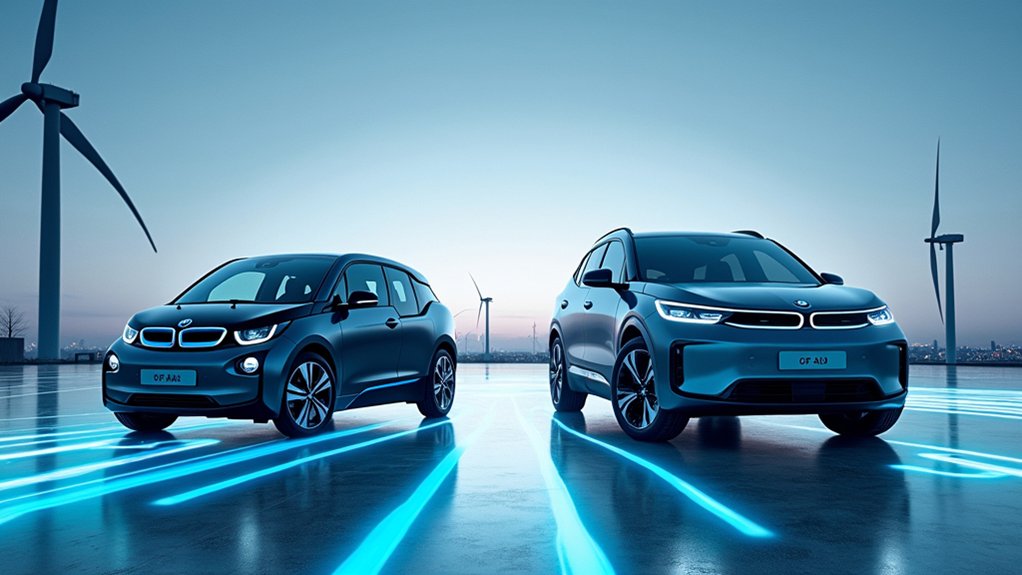Range Rover Electric and Jaguar EVs Hit the Brakes: What’s Really Behind the Delays?
Despite having more than 62,000 customers on its waiting list, the Range Rover Electric and several Jaguar EVs face significant production delays as JLR implements what it calls “the most intensive testing program” ever conducted for any Range Rover model.
The company cites rigorous validation requirements to meet exacting quality standards—a clear response to previous missteps with contract-manufactured EVs where premature launches led to quality issues.
JLR’s delays reflect a painful lesson: rushing EVs to market resulted in quality compromises they’re determined not to repeat.
The delays extend beyond the flagship Range Rover Electric to encompass at least four electric models, including the Range Rover Velar EV, electric Defender, and two Jaguar EVs.
Particularly, the production version of Jaguar’s Type 00 concept won’t arrive until August 2026 at the earliest, while the electric Defender has been pushed to early 2027. These setbacks coincide with Jaguar’s ambitious upmarket repositioning to rival entry-level Bentley and Rolls-Royce offerings.
Market conditions also play a decisive role. JLR executives point to faltering demand for luxury EVs despite initial strong interest.
The company appears reluctant to launch premium electric vehicles into uncertain economic waters, especially with looming “Trump tariffs” on Chinese-made components creating financial risk.
This cautious approach allows time to reconfigure supply chains and minimize tariff exposure.
Internally, JLR is using this extended timeline to implement cost-cutting measures, including up to 500 management job cuts in the UK.
The restructuring aims to streamline operations and improve profitability before the expensive EV launch sequence begins.
The technological complexity of JLR’s new electric architecture cannot be overlooked.
Homologation and regulatory approval timelines have stretched as engineers work through the intricacies of cutting-edge battery and drivetrain systems. The flagship Range Rover Electric will be equipped with a powerful 118 kWh battery capable of delivering 542 bhp and 850 Nm of torque.
The delay could actually benefit consumers in cold-weather regions, as battery chemistry limitations can reduce range by up to 24% in low temperatures—a challenge JLR engineers are likely addressing.
While these delays cause concern, JLR remains committed to its long-term vision where all brands will offer an electric vehicle option by 2030, with a complete transition away from internal combustion engines planned for 2039.
I’ve seen this pattern before—luxury manufacturers prioritizing perfection over punctuality.
For potential buyers waiting for these electric British icons, the message is clear: JLR is willing to sacrifice speed-to-market to guarantee their EVs deliver the performance, quality, and luxury experience expected from these storied brands.
